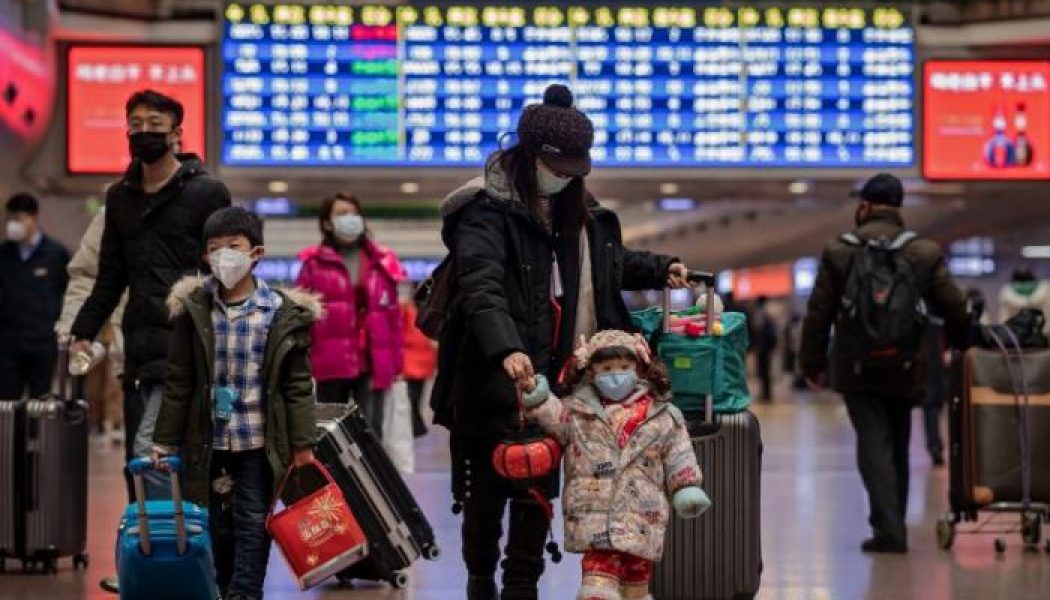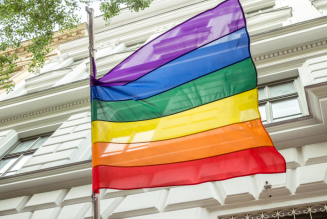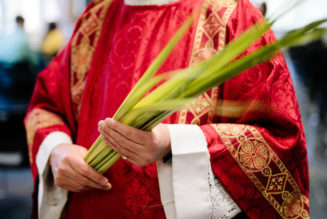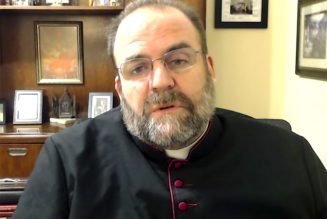
In the Philippines and Singapore, the bishops say communion must be distributed by hands. The Catholic Bishops’ Conference of the Philippines launches an Oratio Imperata for victims of the virus. In Malaysia, people with flu-like symptoms who cannot attend Mass are encouraged to perform an act of spiritual communion.
Manila (AsiaNews) – In a world anxious over the health crisis caused by the 2019-nCoV outbreak, the Catholic Church in Southeast Asia is taking a number of steps to avoid contagion among the faithful, including prophylactic measures touching prayers and the holy communion.
In the Philippines, no case of coronavirus-related pneumonia has been reported yet; however, the Catholic Bishops’ Conference of the Philippines (CBCP) has issued some directives.
Communion must be distributed by hands “to help prevent further fear from people,” reads a notice sent to all of the country’s dioceses by CBCP general secretary Fr Marvin Mejia.
All other forms of contact between Mass participants are also discouraged. This includes holding hands when reciting ‘Our Father’ or shaking them during the ‘sign of peace’.
The CBCP urges parishes to regularly change holy water at the entrance to churches and install “protective cloth” on the grills of confessional.
The Filipino bishops also released an Oratio Imperata for people affected by the virus and the prevention of a global epidemic.
The prayer will be recited at weekday and festive Masses after the communion, on one’s knees, starting next Sunday (2 February), feast day of the Presentation of the Lord.
In Singapore, health authorities have confirmed ten cases of coronavirus infection so far.
The local archdiocese is urging the faithful to be “socially responsible” and “comply with health advisories and control measures issued by the authorities.”
It has also posted specific steps on its website.
For instance, “Alcohol hand rubs are to be made available near entrances of churches and confessionals.”
“Holy Communion is to be received by hand” and “Holy communion by Chalice is to be suspended till further notice.
“No holy water in fonts at entrance of churches as this could be a vehicle for infection.”
The advisory goes on to say that catechists and students should have their temperature taken before class.
It also urges Catholic parishes and associations to postpone to a later date those initiatives that are not essential to the life of the community.
In Malaysia, seven people have reportedly contracted the infection. Here the three bishops of the ecclesiastical province of Peninsular Malaysia – Archbishop Julian Leow of Kuala Lumpur, Bishop Sebastian Francis of Penang, and Bishop Bernard Paul of Melaka-Johor – issued a number of pastoral recommendations.
“Persons displaying flu-like symptoms, e.g. fever, runny nose, sore throat, cough, cold, etc are advised to stay home and avoid public places including churches.
“For those not able to attend mass for these reasons, they are encouraged to make an act of spiritual communion (offer a prayer at home accompanied with a desire to be in union with the Eucharistic Lord).”
The bishops invite the faithful to pray for all the victims of the outbreak and the medical staff treating them.
They add that “The local church will continue to closely monitor the development of the situation” and “issue further updates and guidelines, if and when it is deemed necessary.”
The prelates “call upon all the faithful to remain calm, to trust official announcements, and follow the general precautions issued by the Ministry of Health.”








